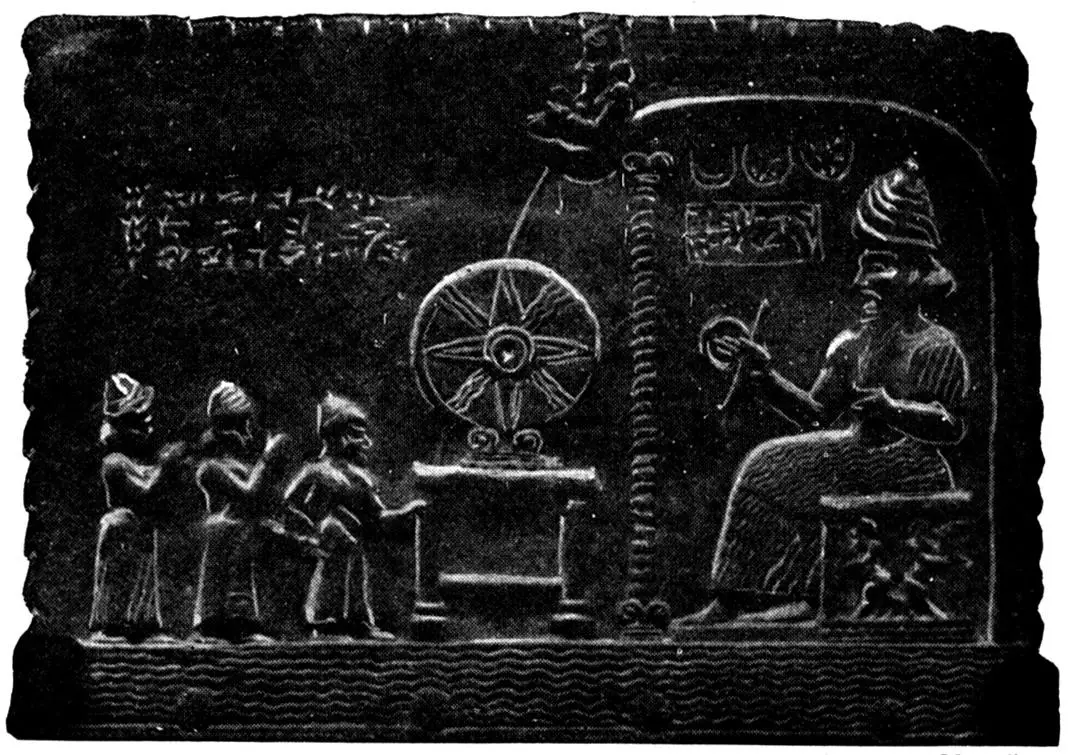Babylonian Empire
Background
During the Akkadian Empire, Babylon existed as a small city on the Euphrates River. A King from a tribe called the Amorites established a kingdom at the city and so began the Babylonian Empire.


Hammurabi
- The Babylonian Empire really began with the rise of an Amorite prince by the name of Hammurabi who inherited the throne from his father in 1792 BC.
- The new King Hammurabi proved to be a great leader and soon made his city very powerful and successful. He made the walls around the city higher and stronger and built many grand temples and canals.
- The king set up an efficient system of taxation to pay for his building projects, he encouraged trade in the region, and science and culture flourished.
- King Hammurabi was also an excellent diplomat, which means that he conducted relationships with other city-states and tribes in a careful, peaceful manner. Sometimes he had no other choice than to wage war, but he was successful in both these approaches. Under Hammurabi, Babylon became the biggest city in the world and the king united and led Mesopotamia.

Hammurabi’s law codes
- Hammurabi is probably best known for his approach to government. He developed law codes that his people respected and that ensured order throughout his city.
- The code was set in clay tablets and it consisted of 282 articles. They sought to create a just and fair society where evil deeds would be banished.
- In reality, the application of the law depended on which class you belonged to. For instance, aristocrats, who were at the top of society, tended to receive smaller punishments for their crimes than slaves at the bottom of society. The punishments ranged from fines to beatings and execution.
- There were even laws on family life. The laws allowed men and women to divorce each other although in practice the law tended to favour the men.
- To enforce these laws, Hammurabi established a basic judiciary system. While this system and the law codes were less than ideal in today’s terms, they still represent an important move towards establishing the idea of what is and what is not allowed in a society.

Babylon under attack
- After King Hammurabi died, the Babylonian Empire collapsed and the city quickly lost its status. It was then destroyed by a tribe called the Hittites in 1595 BC. A people called the Kassites then took over the city and they were followed by the unpopular Assyrians. However, it would not be long before the Assyrian Empire came to an end and a new Babylon would rise again.

Neo-Babylonian Empire
- The Neo-Babylonian Empire emerged after 626 BC when a general, by the name of Nabopolassar, from Chaldea in the south of Mesopotamia recaptured the city and became the leader of a newly independent Babylon.
- In 605 BC the general’s son, Nebuchadnezzar II rebuilt Babylon. It now covered a larger area of land and was a city of extraordinary beauty. The new king built a new and stronger wall around the city, with a moat, as well as new temples and palaces.
- There were massive bronze gates, including the famous Ishtar gates which were adorned with blue glazed tiles and animals that symbolised the gods.
- Nebuchadnezzar expanded the new Babylonian Empire, overcoming Syria and Phoenicia, as well as Israel and Judah to the south.

The Hanging Gardens of Babylon
- Probably one of Nebuchadnezzar’s best-known achievements was the building of the famous Hanging Gardens of Babylon.
- According to the legend, the gardens were built for Nebuchadnezzar’s wife, a princess, who missed her distant land of forests and meadows.
- The gardens were built on a slope and consisted of a series of terraces supported by pillars. A large variety of trees, flowers and plants could be found in the garden. Descriptions of the garden suggest that the king had created paradise on earth.

The Fall of the Neo-Babylonian Empire
- After Nebuchadnezzar II died, the empire lived on. Babylon remained a city that was respected as a seat of civilization. However, in 539 BC the Persians, led by Cyrus the Great, conquered Babylon at the Battle of Opis. The Persians cleverly found a way to get under the walls of the great city and then take control. Yet, Babylon continued to prosper under Persian rule and became famous as a place of art, culture and education



